ABOUT US
ABOUT US
AFRICA IOT & AI CHALLENGE
Although most of the countries in Africa are still struggling on different levels, they are trying to step up in the technology and development fields as a means to fight poverty and health issues, especially after the pandemic outbreak in 2020. Building technical capabilities and youth capacity in Industry 4.0 will help develop the continent infrastructure and save its next generations. The Internet of Things and Artificial Intelligence are mainly a system of interrelated computing devices, mechanical and digital machines, objects, animals or people that are provided with unique identifiers and the ability to transfer data over a network without requiring human-to-human or human-to-computer interaction. It is a mindset transformation with endless opportunities and sky-passing potential.
OUR
history
OUR
vision
The Internet of Things and the Artificial Intelligence are the next evolution that will dramatically change the existing industries. Corporates and big technology providers, as well as governments, will put significant efforts into developing solutions for their customers which will allow them to get developed and to improve their skills and capabilities. We believe that the time is ripe for the industry to embrace open innovation to accelerate the transformations that these technologies will bring and how this will impact the ICT industry in Africa and the world.
